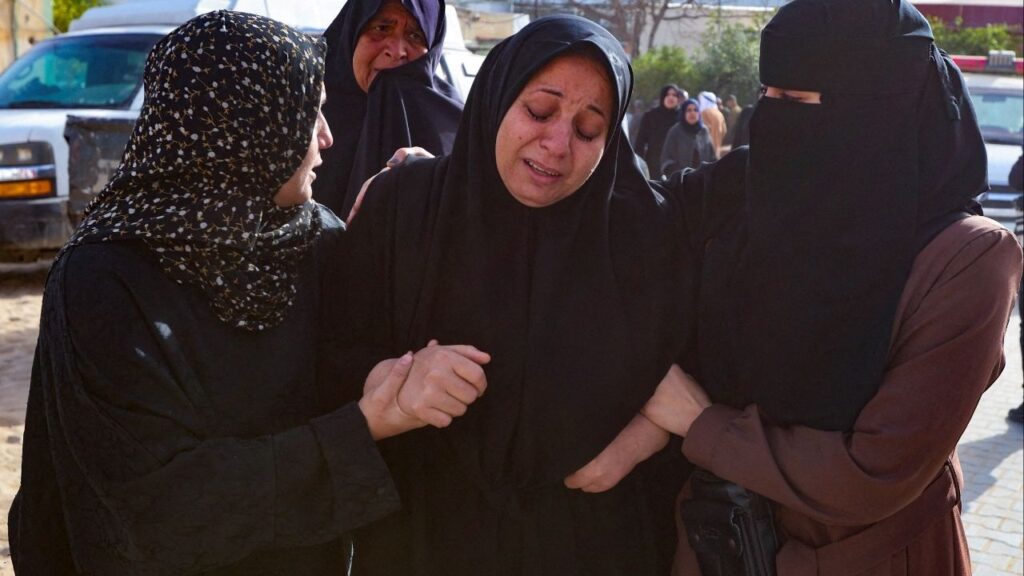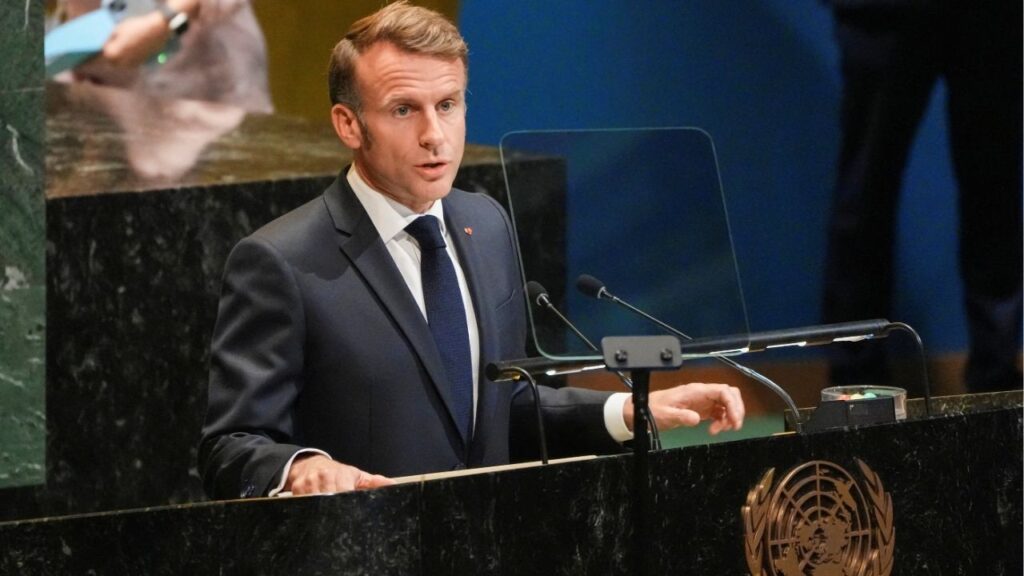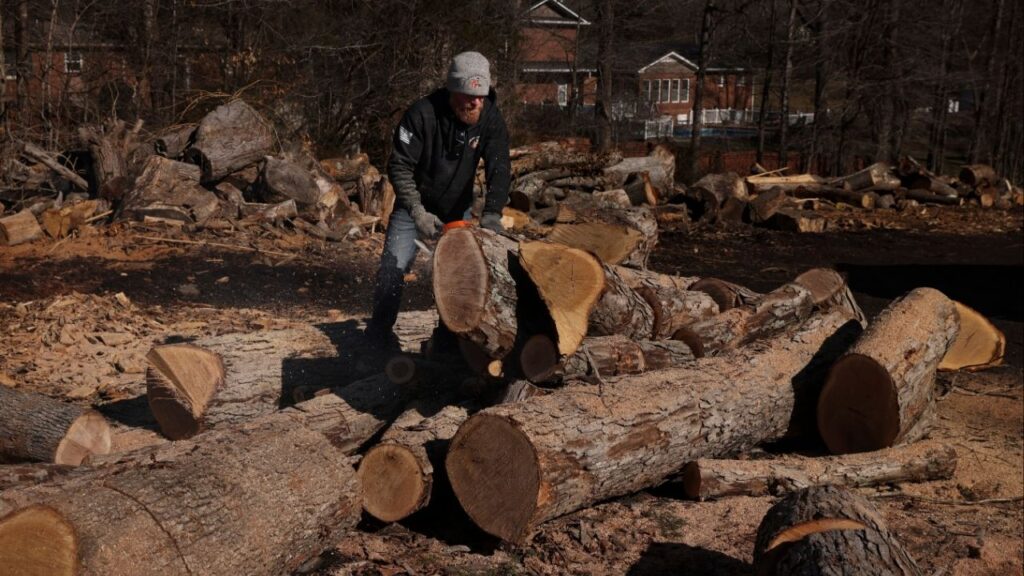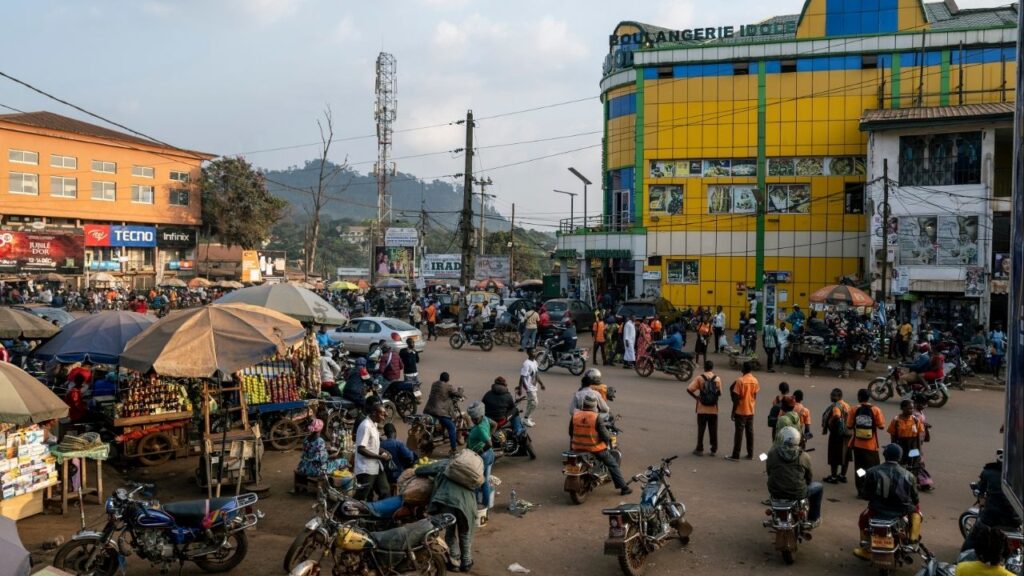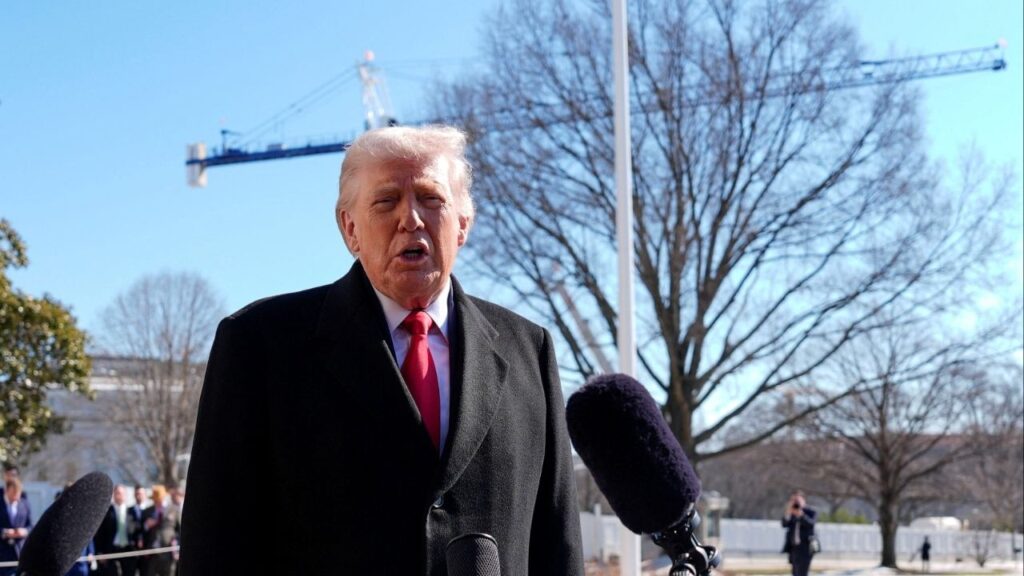Share
When Colin Kaepernick took a knee during the national anthem to take a stand against police brutality and racial injustice in 2016, he was mostly alone.
Politicians, team owners and fellow players criticized him, fans burned his jersey, and he was booed even at home. Four years later, his protest is widely viewed as prescient. Global opinion has shifted so much that more people are now vilifying those who attack Kaepernick or misrepresent his stance.
New Orleans Saints star quarterback Drew Brees issued a public apologize Thursday after he was excoriated by teammates, other athletes and fans for saying he “will never agree with anybody disrespecting the flag of the United States.”
That sentiment has been voiced loudly by Kaepernick’s critics and President Donald Trump reiterated it Friday, saying on Twitter: “I am a big fan of Drew Brees. I think he’s truly one of the greatest quarterbacks, but he should not have taken back his original stance on honoring our magnificent American Flag. OLD GLORY is to be revered, cherished, and flown high… We should be standing up straight and tall, ideally with a salute, or a hand on heart. There are other things you can protest, but not our Great American Flag – NO KNEELING!”
Still, George Floyd’s death, which ignited nationwide protests over racial injustice and police brutality, awakened many people to the root of the issues that led to Kaepernick’s peaceful demonstration — an expression meant to raise awareness of such issues, not demean the flag or the anthem. The 32-year-old Kaepernick hasn’t played in the NFL since 2016.
“The protest is really trying to hold us accountable for the things we say we believe in. It’s about equality and justice for all,” said Houston Texans wide receiver Kenny Stills, who has been taking a knee during Week 1 of the 2016 season.
This week, San Francisco 49ers coach Kyle Shanahan said Kaepernick deserves respect and admiration for starting the protest. Seattle Seahawks coach Pete Carroll praised him for his courage and sacrificing his career. Hall of Fame coach Tony Dungy compared Kaepernick to Muhammad Ali.

The NFL and Its Teams Have Voiced Their Support for Equality and Called for Change
“There’s a lot of parallels between Colin and my father,” said Ali’s daughter, Khaliah. “He stands 100 percent with integrity no matter the cost. He made an unwavering commitment for the betterment of his people and took an unapologetic stance against injustice. I have had many people attempt to discourage our support of Colin, which is unthinkable to me. He is a friend to our family, he is loved and honored.”
Jacob Ali-Wertheimer, the 21-year-old grandson of the boxing legend, is a human and civil rights leader on Harvard University’s campus. He is encouraged because more folks support Kaepernick’s movement but realizes there’s a long way to go.
“A lot of people don’t want to address race in this country. We don’t have a real dialogue on the issue,” Ali-Wertheimer said. “It’s something we try to hide and push away, and because we don’t confront it, I think that’s why both of them were ostracized in the beginning, and I think it’s wonderful that people are coming along now to what Colin said.
“But we need to get to a point where people can understand and listen and appreciate his message from the beginning moving forward.”
The NFL and its teams have voiced their support for equality and called for change. Players want to see more. In a video released Thursday night, 2018 NFL MVP Patrick Mahomes and several of his peers asked the league to “condemn racism and the systemic oppression of black people” and “admit wrong in silencing players from peacefully protesting.”
The league issued a statement prior to the video saying: “We stand with the black community because black lives matter. Through Inspire Change, the NFL, players and our partners have supported programs and initiatives throughout the country to address systemic racism. We will continue using our platform to challenge the injustice around us.”
Shanahan, who became coach of the 49ers after Kaepernick’s last season with the team, had strong words on the topic.
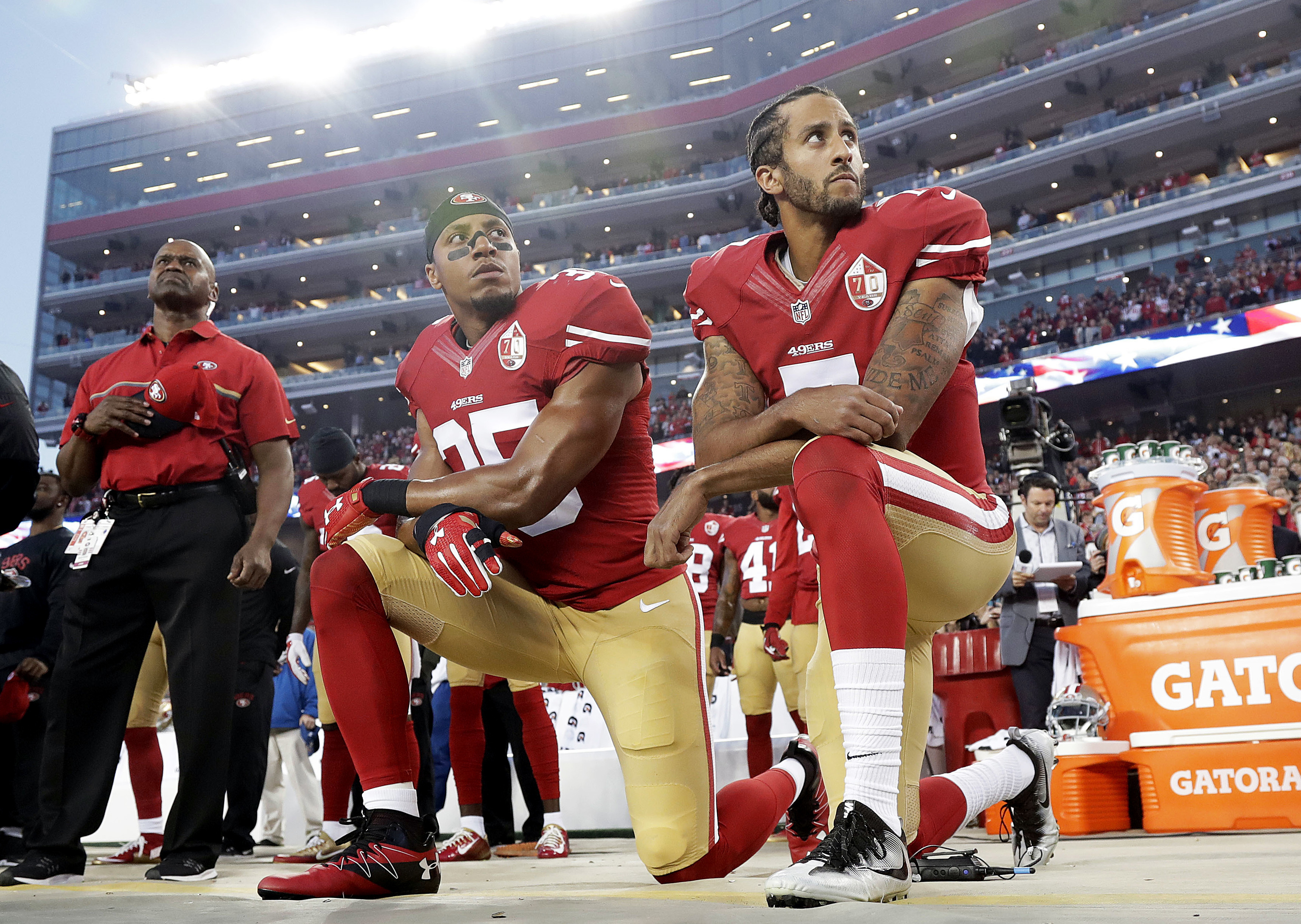
Kaepernick Still Wants an Opportunity to Play
“I think people understand it so much more now than they did three years ago and I’m all for protests. I’m all for change,” Shanahan said. “What’s different now and then, it’s embarrassing to say, probably, but I think white people are more passionate about it now than then. That’s our ignorance and that’s what upsets black people. They have every right to be upset because they haven’t just been telling us this the last few weeks. They’ve been telling us this since our grandparents, and I’ve been hearing it from every one of my friends since I was 14. Then I hear Champ Bailey talking about it in his Hall of Fame speech. It’s all the time and it’s too long. Whatever’s got to get changed, let’s do it.”
Chicago Bears linebacker Danny Trevathan said the global pandemic has given people more time to think about race issues.
“Back then it was just made about one situation, about the military, and that’s what everybody was focusing on,” Trevathan said. “I’ve got people in my family that fought for America in the military, different branches. So it wasn’t about that. It was about something bigger than that issue. It was about police brutality and the way we treat people. Right now, I feel like we are taking a different stand because people are sick of it.”
Kaepernick still wants an opportunity to play. A workout in Atlanta last November that was organized by the NFL turned chaotic and resulted in no job offers.
“Colin is a talented football player,” Seahawks star Russell Wilson said this week. “I remember playing against him; the man could play some football. But he stood up for something far more greater than football. And that’s people’s lives. He was standing up for people that have come and gone and for everyone who is African American and the oppression that has been going on.”
Stills, former Carolina Panthers safety Eric Reid and Miami Dolphins wideout Albert Wilson continued supporting Kaepernick’s fight by taking a knee during the anthem last season.
“The boos in the stadium, people yelling to stand up, telling me to leave the country, death threats, hate mail, hate on social media was alarming,” Stills says about the pushback he has faced. “Still can’t understand the amount of hatred toward somebody basically asking everyone to feel compassionate about others.”






